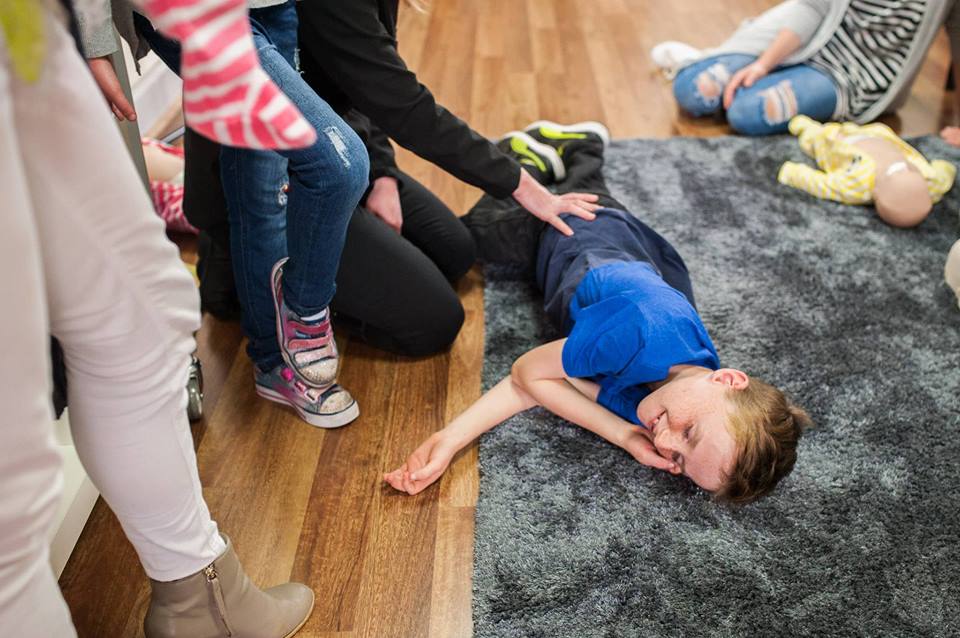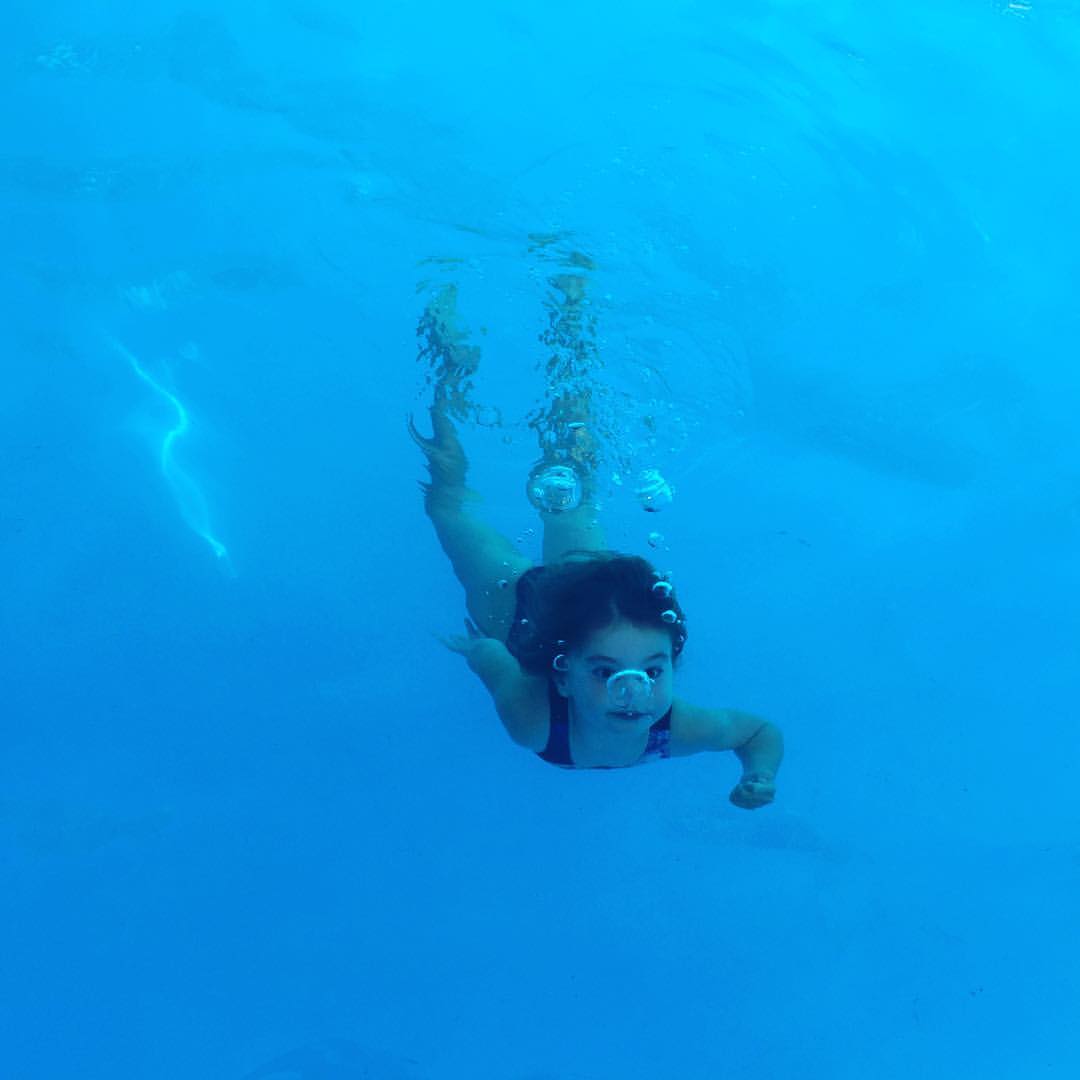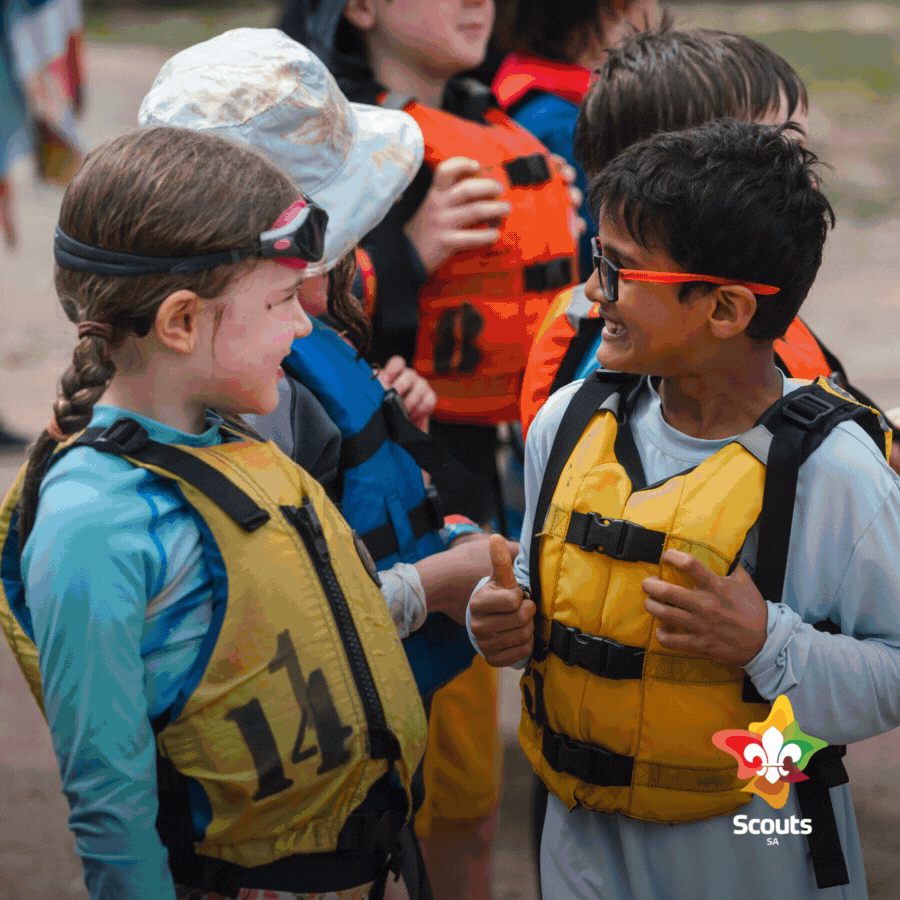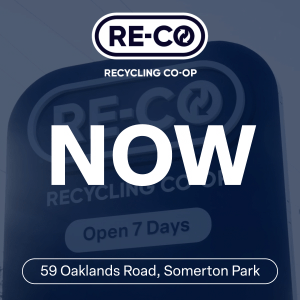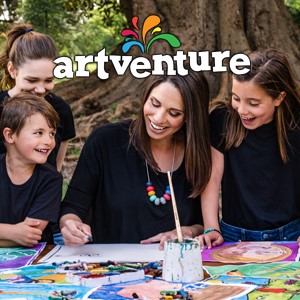I have experienced the two sides of the vaccination process, both as a Mum taking my own children for their vaccinations, and as a Practice Nurse, vaccinating countless children. I want to let you in on a little secret, on either side of the process it is not my favourite job in the world, but it is a really important one. My experiences have shown me that the way it is approached both by the parent and the vaccinator can make a world of difference to how the appointment goes. In my 16+ years as a Practice Nurse, I have seen every sort of emotion possible (from children and parents) during the vaccination appointment. So, I want to share with you how you can best support your little one through the vaccination process, based on my experience.
What to do
Let’s start with the what to do… Obviously, some of this is age dependant. I find with babies the Parents are understandably nervous and need more support, whereas toddlers and older children may be scared, nervous or angry and need to be supported individually. The below list covers all bases.
If you are worried or nervous talk to the Nurse BEFORE your appointment to answer your questions and understand the what will happen
Babies and children pick up on their parent’s emotions. The more prepared that you are, the more you will be able to focus on keeping calm for your child. It will also mean that with an older child you can explain what will happen and not make any false promises that the Nurse cannot follow through on e.g. “it will be over in 1 second”
Take a support person
If you are feeling especially nervous or anxious then consider taking a support person to help you keep calm. If you are worried about holding your child during vaccination, they could do this for you.
Hold your child securely
This is especially important as children get older and stronger (boy I have seen some strong kids!). It is a natural response to move away from something that hurts or that they don’t want. However, if they are not held securely and there is too much movement during the injection then there can be increased pain, a bruise or a bigger local reaction. So, whilst we never like to restrain our children, in this instance it is for the greater good. Because there is a needle involved It is also to ensure everyone’s safety. Occasionally with a very strong child the Nurse may suggest getting help to hold them still. Accept this help, they are experienced and it will mean that the process will generally be easier, quicker and safer for all.
Explain what will happen in age appropriate terms
Your child is best to hear that they need their vaccinations from you, their safe person. You know your child the best so you can pick when the time for the chat might be best. Whilst the Nurse will still explain to your child (if they are old enough) what will happen, expecting the nurse to be the first one to tell them means they are hearing it from someone not well known to them which can be scary. Keep the explanation low-key and honest. I used statements like
“You are getting so big now that it’s time to go and see the Dr and Nurse to see how you have been growing (we often do a height and weight) and to have your injections to keep you well.”
“Injections are a sort of medicine, but it doesn’t go in your mouth, guess where it goes… in your arm, isn’t that crazy?”
“It’s really important to keep your arm still and floppy, like a teddy bear’s arm, until the Nurse is finished, even if it stings a little. I can help you keep it still too.”
“It may sting a little but only for a few seconds and then it’s all over”
You get the idea, keep what you say low-key, but honest and remember not to make promises that Nurse may not be able to keep if it compromises safety or efficacy of the vaccine.
Take control of the situation
Sometimes even when you have done all of the above, your child might refuse to do what is asked of them out of fear. I have seen this time and time again, and often the parent will try and negotiate and rationalise with their scared pre-schooler. In my experience this rarely works. Instead it delays the inevitable and escalates the problem as they build it up to something bigger than it is in their mind. It suddenly turns into a stressful situation for all concerned. Instead, as the parent, you need to either take control of the situation or let the Nurse take control. Explain that you understand that they don’t want this to happen, but it has to. Sometimes it is appropriate to give them an acceptable and safe choice such as “do you want to sit on Mum’s knee or Dad’s?”
Whilst it may not seem it at the time, taking control is the best thing you can do for a scared and anxious child. This happened to my son when he had his first Flu injection at age 6. Previously he was not allowed a Flu injection due to his egg allergy, but it is now safe to give an Influenza immunisation to egg allergic people. He was not scared of the injection, rather stressed because he knew he had previously not been able to have it and was worried something bad was going to happen. Embarrassingly, he hid under a chair. I have managed this situation many times as a Practice Nurse … but not as a Mum. The Nurse and Dr both tried to tell him it was safe. But I could see he beyond reasoning with, so I took control. I calmly got him from under the chair, told him that I loved him and that he was safe, held him very firmly and told them to go ahead. Within seconds after it was done, he was calm and eating a lolly snake. What could have taken a very stressful 20 mins of reasoning with him took a quick.20 seconds. We made a big deal of how brave he was and I talked to him afterwards, when he was rationale about how he was feeling and why I did what I did. The following month he calmly sat for his second injection without a problem.
What not to do
Not surprisingly the “what not to do” list is the opposite of the above list, in particular:
- Don’t expect the Nurse to be the first one to explain what they are visiting for
- Don’t try and negotiate with a child who is no longer rationale
- Don’t be afraid to hold your child firmly, it is for their own safety (and everyone else’s)
It is also worth mentioning the following things that happen on the odd occasion
Don’t tell your child that it is the (mean) Nurse that did it (not you)
There is a very good chance that the same Nurse who vaccinated your child will end up helping your child when they are hurt or sick. Help them to create a good relationship with them where they aren’t afraid of the Nurse and visiting her. I always tried to end the appointment with smiles and laughs by blowing bubbles (who doesn’t love bubbles!)?
Don’t put on numbing cream (Emla) and tell your child it won’t hurt, or expect the Nurse to put it exactly where the cream is
Vaccinations are different to blood tests. They need to go in the correct anatomical position to make sure the uptake of the vaccination is as good as it can be. Occasionally a parent will put the cream on an area that is too high or low and the Nurse can’t put the vaccination where the cream is. The Emla cream also only numbs the superficial layers of the skin. The most painful part of the vaccination is when the fluid absorbs into the muscle. The emla won’t numb that deep and so some pain may still be felt. Sometimes the dressing that you use to keep the cream in place causes distress when it comes off as well. Check with your Practice Nurse before using to know where to apply and that it is ok to be used with the vaccination to save you making false promises.
I understand from both sides of the fence that attending a vaccination appointment can be stressful. But with the right preparation, (and a deep breath) the appointment can be over before you know it. Make sure you prepare yourself with the knowledge that you need to be calm, be open and honest with your child and keep in control of the situation. The Nurse has done this 100s of times, so if you feel the control slipping, look to her and she can help you through. You’ve got this!
This article was written for information and education purposes only and is not intended to be a substitute for professional medical advice, diagnosis, or treatment. Always seek the advice of your physician or other qualified health provider with any questions you may have regarding a medical condition. Never disregard professional medical advice or delay seeking it because of something you have read in this article.
Karyn is an Adelaide based, Registered Nurse and Trainer with 18+ years of experience dealing with the medical and first aid needs of both adults and children. She is also a Mother and has firsthand experience dealing with Asthma and Allergies/Anaphylaxis on a daily basis. These roles enable Karyn to both appreciate the first aid challenges that a Parent/Caregiver can face, and understand the importance of quality first aid training in the community. Visit her website at www.head2toefirstaid.com.au









